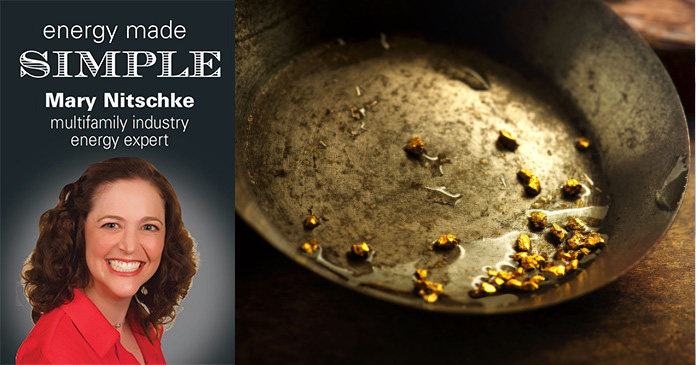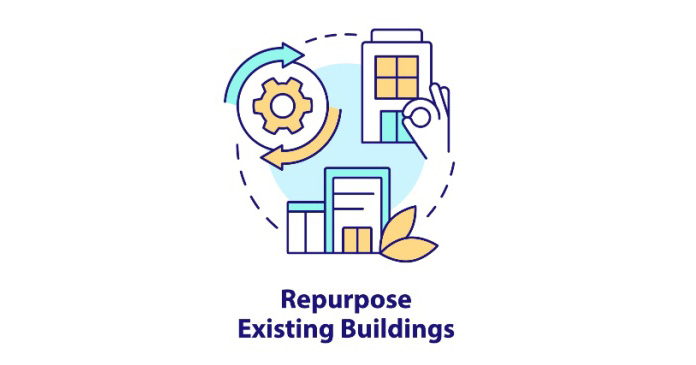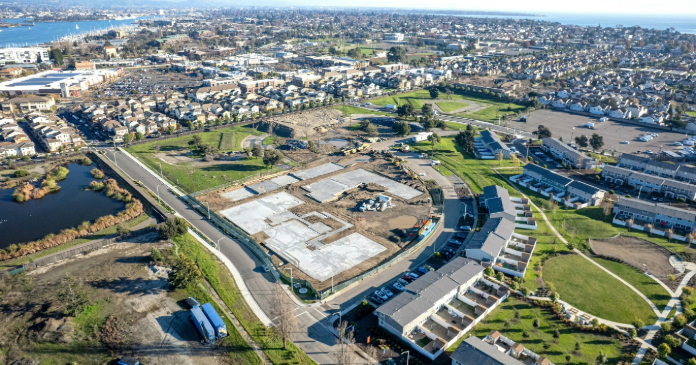
The Department of Energy (DOE) recently hosted a webcast on managing Scope 3 emissions in commercial real estate. The primary discussion was around trash and how they are engaging their tenants to encourage composting and recycling. It was a fantastic reminder that there is an interconnectedness between energy and waste. There is a reason that the Department of ENERGY cares about waste.
I bet most of us do not look at our dumpster and think about waste as a solution; we see it as a heaping smelly burden that we would like to get rid of. Sure, we may have an “ah-ha!” moment thinking about the energy of the trash truck and the cost savings related to a reduction of pickups, but I bet most of us do not think about the energy embedded in the contents of the dumpster, with composting and recycling as energy saving solutions.
At a high level, let’s start with the main objectives of the DOE, which are insuring the energy and environmental security of a diverse set of energy resources. Let us start with the environmental impact of waste. We are not going to talk about plastic waste in the ocean. Let us just talk about things that make it to landfills and do not end up in some inappropriate place. As of 2021, EPA indicated that greenhouse gas emissions from landfills were equivalent to 122.6 million metric tons of carbon dioxide. This is about 16% of the total CO2 generated in the US. Getting greenhouse gases out of the atmosphere sounds like something we should all like.
Then let us look at compost, which is basically food we do not eat for whatever reason. The Department of Energy cares about food waste because it represents a diverse energy resource. Through the process of anaerobic digestion, food can be converted into energy.
I know that many of us think that it is too hard to manage food waste in Multifamily. How easy do you think food waste management is in a theme park? Easier or harder? They each have challenges but, frankly, theme parks are better at food waste management than we are. In 2019, Disneyland Paris successfully diverted 90% of its food waste, a total diversion of 2,061 metric tons, which was enough half-eaten pretzels to generate the annual power consumption of 229 families. Was it easy? Probably not at first, but what is?
Now let us look at recycling. Recycling is basically diverting physical things from the waste stream: batteries, sofas, plastic lawn flamingos. Stuff. All that stuff has energy embodied in it, which is the fancy pants way of saying the obvious, it takes energy to make things. Well, it takes less energy to make things when you get to subtract the mining process out of the equation. So, if you make new batteries using the precious metals pulled out of old batteries, it requires less energy. Sure, there is still some energy in the conversion and transportation, but less energy. So, we should care about this process from 1) an opportunity to contribute to supply chain security and 2) assistance with energy security because we are saving energy when we recycle.
True, you might not be hyper-focused on energy savings and environmental security when thinking of your property operations, but consider costs. In many markets, recycling and even composting can be less expensive than trips to the landfill. So, the more you divert, the more you save, and the more you set aside for our future energy and resource needs. I hope when you look at your dumpster you will see the gold along with the garbage.














